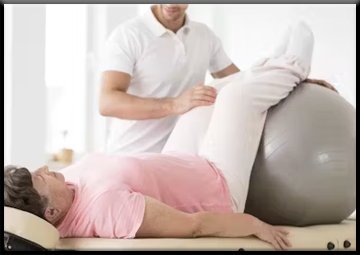Sexual Problems
Sexual problems encompass a wide range of difficulties that individuals or couples may experience in their sexual lives, impacting their physical, emotional, and relational well-being. These issues can manifest in various forms, including but not limited to erectile dysfunction, premature ejaculation, low libido, pain during intercourse, difficulty reaching orgasm, and sexual aversion.
One of the most prevalent sexual problems is erectile dysfunction (ED), characterized by the inability to achieve or maintain an erection sufficient for satisfactory sexual performance. This condition can arise from physical factors such as diabetes, cardiovascular disease, hormonal imbalances, or psychological factors such as stress, anxiety, or depression. It can profoundly affect self-esteem, confidence, and intimate relationships.
Premature ejaculation (PE) is another common sexual issue, marked by ejaculation that occurs sooner than desired, often before or shortly after penetration, causing distress or frustration. PE can be rooted in psychological factors like performance anxiety or relationship issues, as well as biological factors such as hypersensitivity or serotonin imbalances.

Low libido, or hypoactive sexual desire disorder (HSDD), refers to a persistent lack of interest in sexual activity, leading to distress or impairment in relationships. It can result from hormonal changes, medication side effects, stress, fatigue, relationship problems, or psychological issues like depression or past trauma.
Pain during intercourse, known as dyspareunia, can occur in both men and women and may stem from various factors such as vaginal dryness, infections, pelvic floor disorders, or psychological factors like anxiety or past trauma. This pain can lead to avoidance of sexual activity, strained relationships, and diminished sexual satisfaction.
Difficulty reaching orgasm, or anorgasmia, can affect individuals of any gender and may result from medical conditions, medication side effects, hormonal imbalances, psychological factors, or relationship issues. It can lead to frustration, feelings of inadequacy, and relational strain.
Sexual aversion disorder involves an intense fear, anxiety, or disgust towards sexual activity, often leading to avoidance or distress in intimate relationships. It can stem from past traumatic experiences, cultural or religious upbringing, or negative attitudes towards sex.
Addressing sexual problems often requires a comprehensive approach involving medical evaluation, psychotherapy, lifestyle modifications, and relationship counseling. Open communication, education, and seeking professional help are crucial steps towards understanding and resolving sexual difficulties, promoting healthier and more fulfilling sexual lives.










